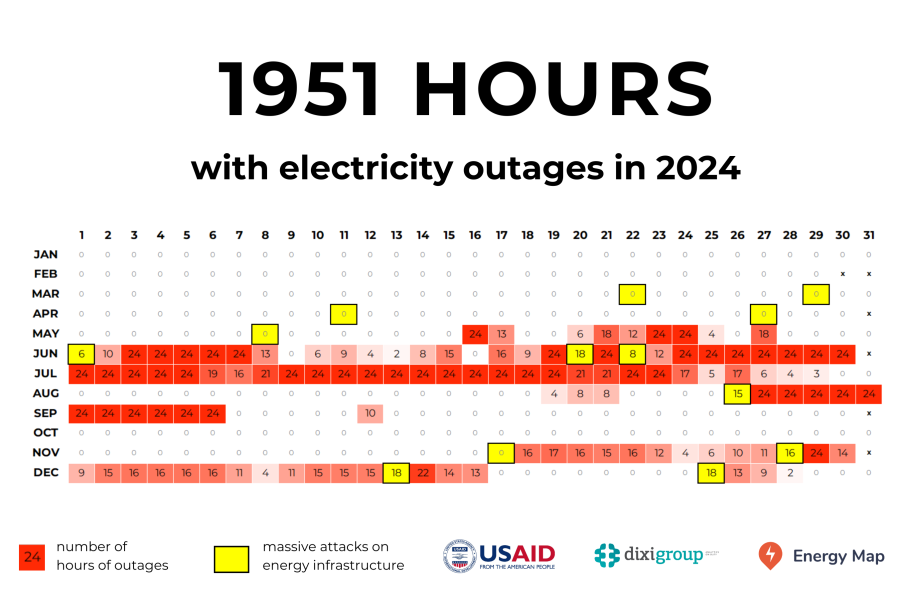Understanding Power Outages: Causes, Effects, and Preparedness

Introduction
Power outages have become a common occurrence across Canada, posing significant challenges to daily life and safety. With climate change leading to more severe weather events, understanding the causes and effects of power outages is crucial for individuals and communities. This article explores the current trends in power outages, their implications on society, and how Canadians can better prepare for unexpected outages.
Current Trends and Causes
In recent years, Canada has experienced a notable increase in power outages. According to the Canadian Electricity Association, the duration and frequency of outages have risen by 30% in the last decade alone. Severe weather events such as storms, flooding, and wildfires are the primary culprits, particularly as climate change exacerbates these phenomena.
For instance, the ice storm in Ontario earlier this year resulted in widespread outages, affecting over 300,000 homes and businesses. Similarly, wildfires in British Columbia have led to substantial power disruptions, highlighting the vulnerability of electrical infrastructure in the face of natural disasters.
Impacts of Power Outages
The repercussions of power outages extend beyond mere inconvenience. They disrupt daily activities, compromise food safety due to refrigeration issues, and can even pose risks to health, especially for individuals reliant on electrically powered medical devices. Businesses also suffer financial losses, with small enterprises particularly vulnerable to the implications of outage incidents.
Furthermore, prolonged outages can lead to social instability. As seen during previous incidents, communities may face increased crime rates and emergency service demands, requiring a coordinated response from various sectors, including healthcare and public safety.
Preparing for Power Outages
Given the rising frequency of power outages, it is essential for Canadians to be better prepared. Here are several key preparedness strategies:
- Emergency Kits: Assemble a kit containing non-perishable food, water, flashlights, batteries, and first-aid supplies.
- Backup Power Sources: Consider investing in generators or uninterruptible power supplies (UPS) that can sustain power for critical appliances.
- Stay Informed: Keep abreast of severe weather warnings through local news and alerts from utilities.
- Community Engagement: Join community groups or networks that focus on emergency preparedness and response.
Conclusion
The increasing frequency of power outages signifies a pressing concern for Canadians, urging individuals and communities to adopt proactive measures. By understanding the causes and impacts of these outages, Canadians can enhance their preparedness and resilience, ultimately mitigating the negative consequences on their lives and communities. As we continue to confront the impacts of climate change, staying informed and prepared will be crucial in navigating the uncertainties of our electrical systems.









